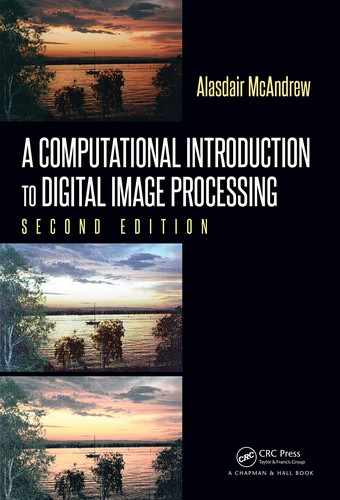
Introduction to Python 515
Python
def biggish(A):
B = np.copy(A)
B[np.where(
abs
(A) == abs(A).max())] = 0
C = np.copy(B)
C[np.where(abs(B) == abs(B).max())] = 0
return C
Note that there is no need for “begin” or “end” statements, or braces, as the block of
statements that comprise the program is delineated by indentation. Save this program in a
file, say
myfile.py, and it can then be read into your running Python with any of
Python
In :
execfile
(’myfile.py’)
In : import myfile
In : from myfile import
*
Those three statements allow the following usages respectively:
Python
In : biggish(A)
In : myfile.biggish(A)
In : biggish(A)
It is impossible to give more than a brief “taste” of Python in a few pages, but it is an
extraordinarily powerf ul language, with a huge user base, constantly being extended, and
well worth the effort of learning it.
..................Content has been hidden....................
You can't read the all page of ebook, please click here login for view all page.
